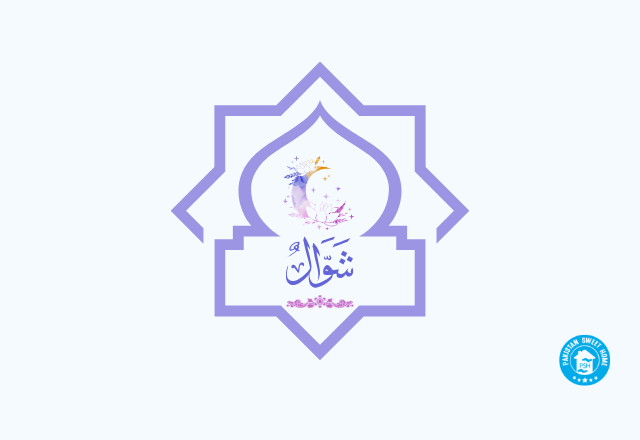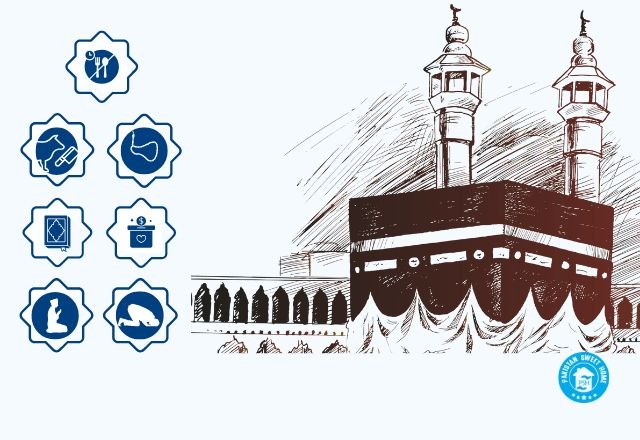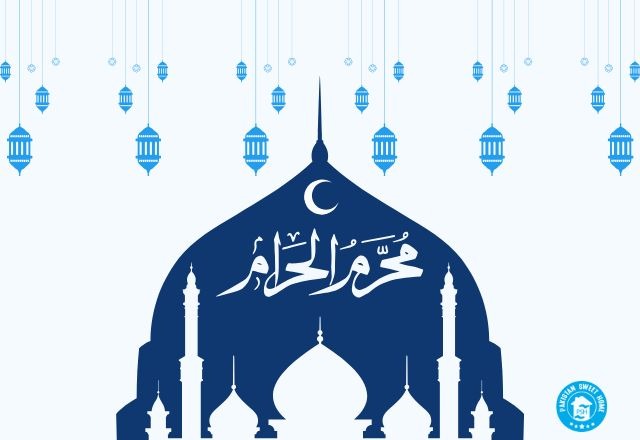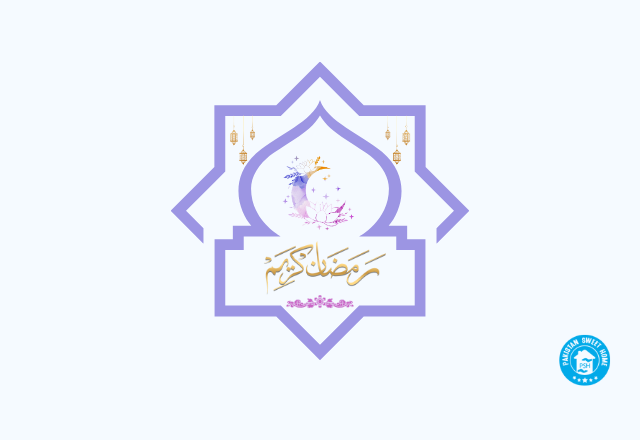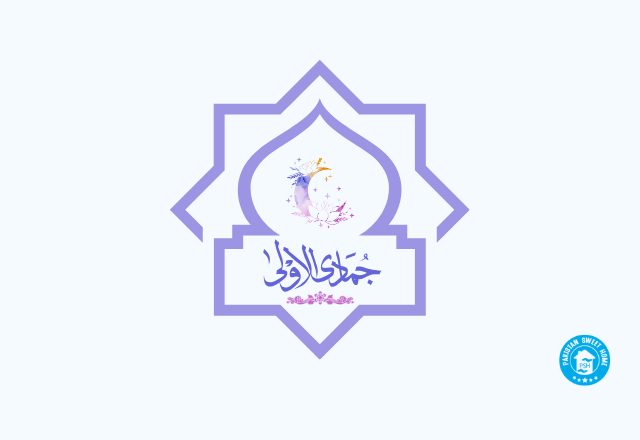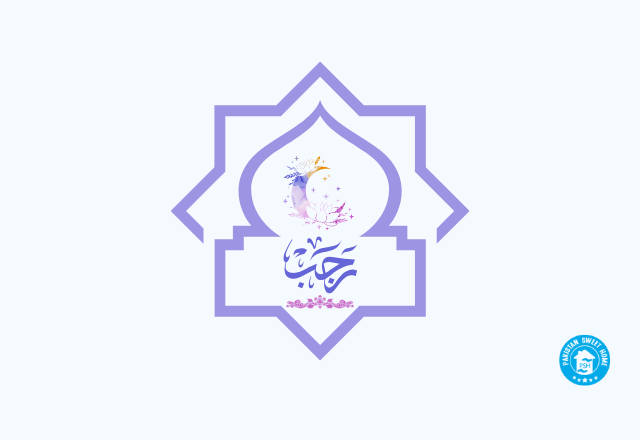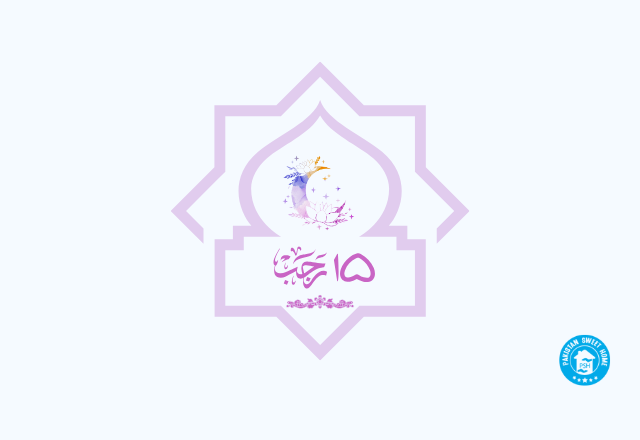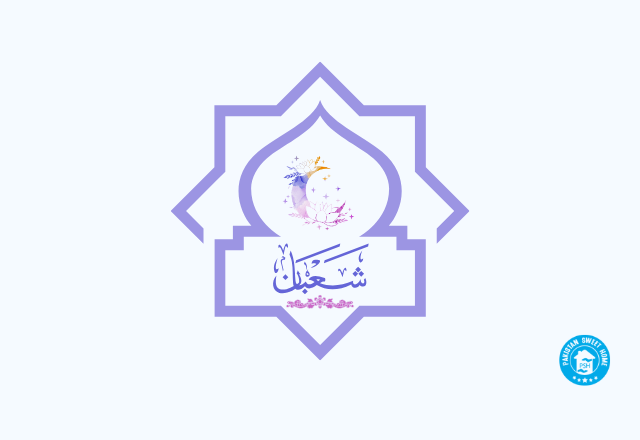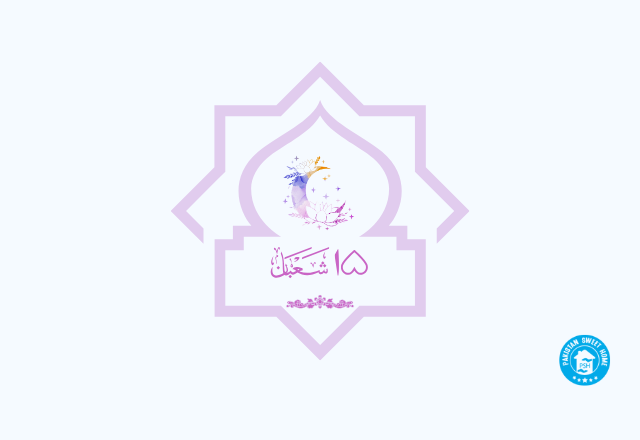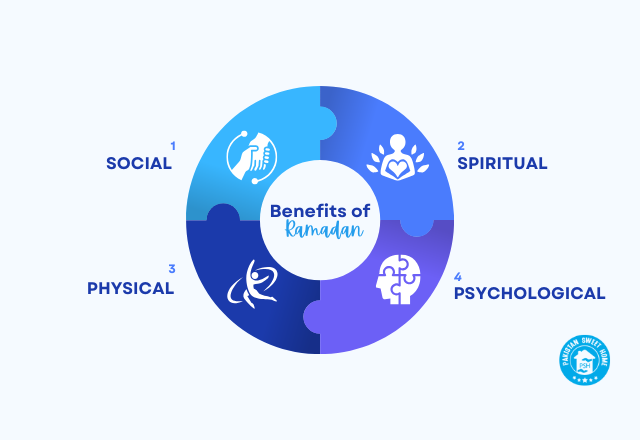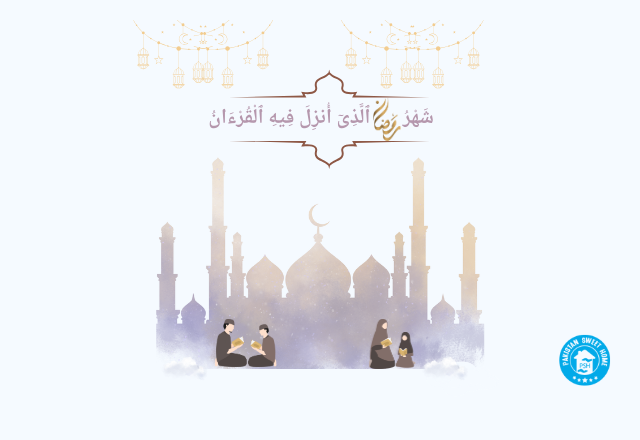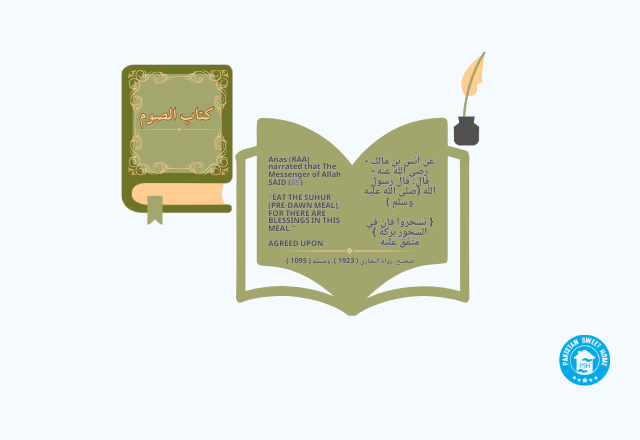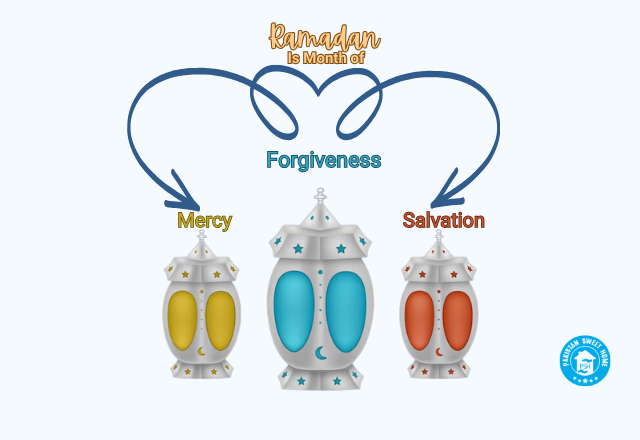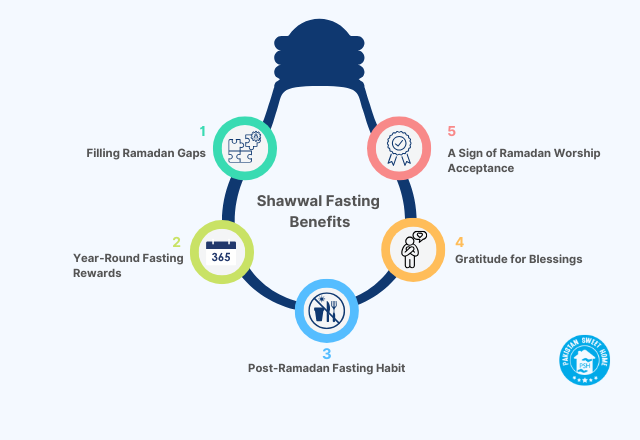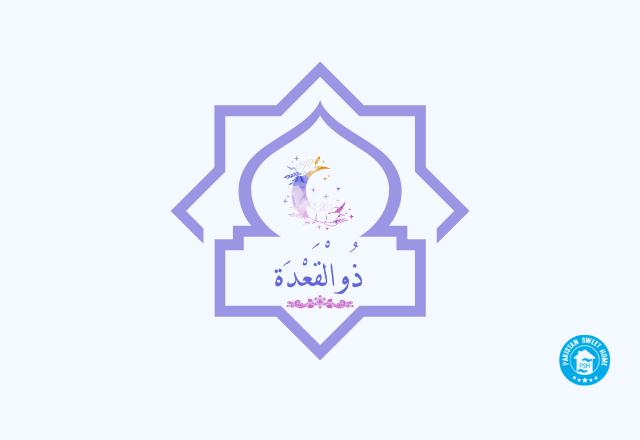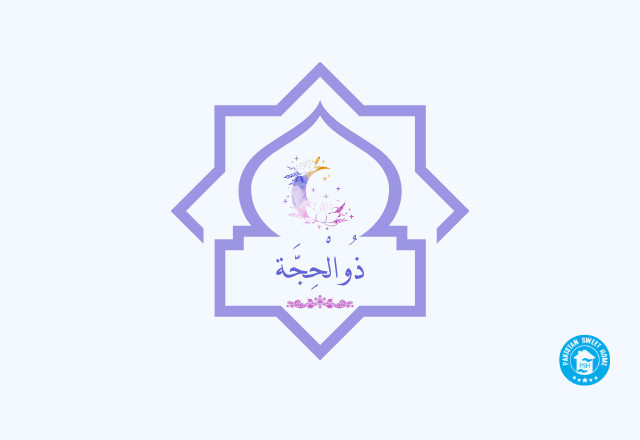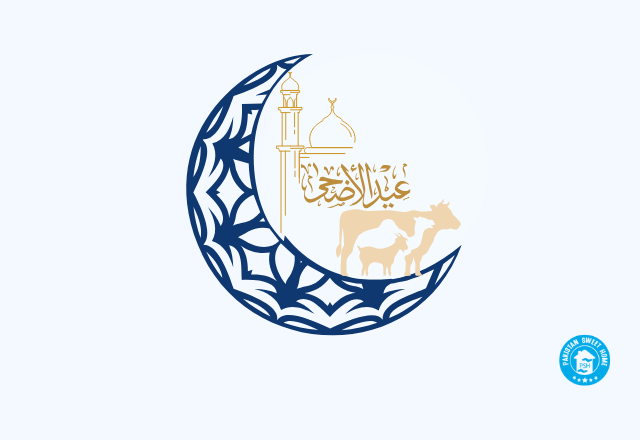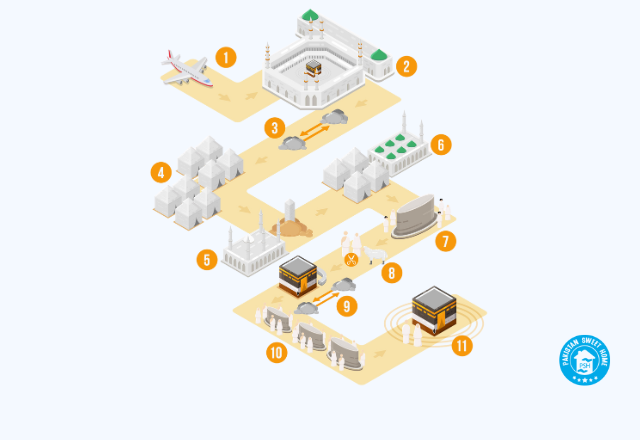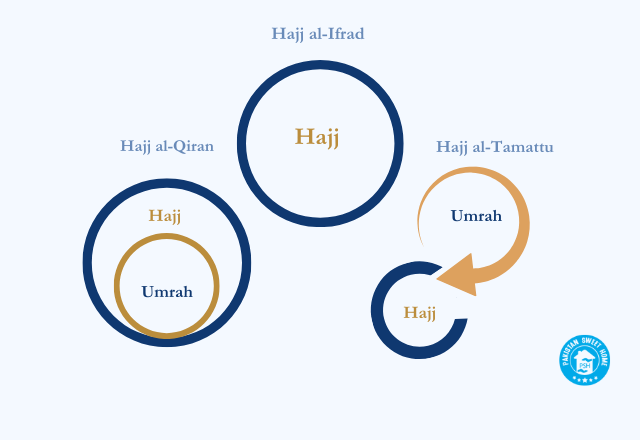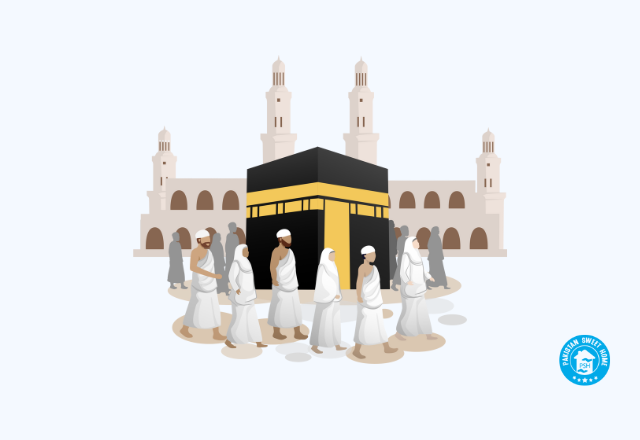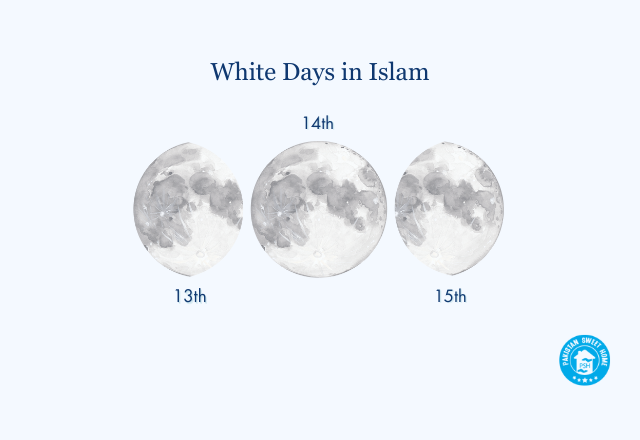Shawwal is the 10th month of the Islamic Hijri calendar, coming after Ramadan and before Dhu al-Qa'da.
This month offers many opportunities to continue the good habits developed during Ramadan, such as fasting and giving Sadaqah. It also brings joy, as Muslims celebrate Eid al-Fitr on the 1st of Shawwal.
Let’s explore the meaning, significance, and key events of Shawwal, and also find out when Shawwal will occur in 2025.
Meaning of Shawwal Month
The name "Shawwal" comes from the Arabic verb shāla, meaning "to lift or carry."
It is said that Shawwal got its name from the term "Tashwil". This refers to the drying up of camels' milk, a phenomenon that occurs when the heat intensifies and dates on the palm trees are depleted. The plural forms of Shawwal include Shawaawil, Shawaaweel, and Shawwaalaat.
Shawwal also signifies "breakage." Before Islam, Arab tribes believed that marriages conducted during this month would inevitably be unsuccessful.
When is Shawwal 2025?
1st Shawwal 2025 is expected to begin on March 30, 2025, and end on April 28, 2025. However, these dates may vary depending on the sighting of the crescent moon. The month of Shawwal spans 29 or 30 days.
Significance of Shawwal Month
The month of Shawwal holds deep spiritual and historical importance in Islam. It follows Ramadan — the month of fasting, purification, and mercy — and invites Muslims to continue their acts of devotion. Rather than returning to old habits, Shawwal becomes an opportunity to sustain the momentum of spiritual growth.
Allah says in the Qur’an:
“[Allah intends] for you to complete the period and to glorify Allah for that [to] which He has guided you; and perhaps you will be grateful.”
— Surah Al-Baqarah 2:185
The early days of Shawwal are marked by Eid al-Fitr, a joyous celebration of completing Ramadan. Beyond the celebration, Shawwal introduces one of the most rewarding voluntary deeds: fasting for six days during the month.
Scholars like Ibn Rajab al-Hanbali highlight that these six fasts are a sign of gratitude for the blessings of Ramadan. Just as we celebrate Eid with joy, we continue our worship in Shawwal through charity, reflection, and voluntary fasting.
Fasting the 6 Days of Shawwal: Reward, Rulings, and Reflection
Fasting six days in Shawwal is a highly recommended Sunnah that carries immense reward. This practice helps a believer maintain the spiritual energy and discipline gained during Ramadan.
The Prophet Muhammad ﷺ said:
“Whoever fasts during Ramadan and then follows it with six days of Shawwal, it is as if he fasted for a lifetime.”
— Sahih Muslim 1164a
This hadith illustrates that fasting these six days multiplies a believer’s reward. According to the principles of Islamic reward:
- A month of fasting = 10 months (each day x10)
- 6 days x 10 = 60 days ≈ 2 months
- Together = a full year of fasting
Do the 6 Days Need to Be Consecutive?
No. It is permissible to fast them consecutively or with breaks, as long as they are within the month of Shawwal. This flexibility is part of the mercy in Islamic practice.
What If I Still Need to Make Up Missed Ramadan Fasts?
Scholars differ, but many recommend:
- Making up Ramadan fasts first, then doing the six Shawwal fasts (if time allows)
- Or intending both together (qadha + Sunnah) if necessary, although this view is debated
Tip: Consult a trusted scholar if you're unsure about combining intentions.
Spiritual Reflection
Fasting these six days is a way to demonstrate gratitude, develop steadiness in worship, and reconnect with humility. It’s also a reminder that Ramadan is not an end, but a beginning.
Islamic Events in Shawwal Month
Many significant events occurred during the month of Shawwal throughout Islamic history. This includes events that took place during the life of the Prophet Muhammad (PBUH) as well as those that happened afterward.
Here are a few key events:
Celebrating Eid Al-Fitr
The month of Shawwal brings Eid al-Fitr celebrations, one of the most significant holidays in Islam. Another major celebration is Eid al-Adha, which occurs on the 10th day of Dhul Hijjah, the last month of the Islamic calendar.
On Eid al-Fitr, Muslims gather to celebrate the successful completion of the holy month of Ramadan. They participate in the Eid prayer and give Zakat al-Fitr or fitrana. This day is also filled with joy and festivities. Muslims wear new dress and exchange greetings, gifts, and food with family and friends.
The First Month of the Hajj Season
Shawwal marks the beginning of the three months leading up to Dhul Hijjah.
During this time, certain acts of Hajj can commence, including the Tawaf of Arrival. This period is known as Ash-hur Al-Hajj, or the months of Hajj, as it signifies the onset of the Hajj season.
Battle of Uhud
In the third year after Hijrah, the Prophet (PBUH) and his companions confronted the Quraysh in the well-known Battle of Uhud. This marked the seventh battle in Islam, taking place in Shawwal.
While the exact date remains uncertain, scholars suggest it may have occurred on the seventh, fifteenth, or eighteenth of the month.
The Muslim forces numbered seven hundred, with no horses among them. In contrast, the Quraysh assembled a formidable force of three thousand, including one hundred horsemen.
Martyrdom of Hamza ibn ‘Abd al-Muttalib
During the Battle of Uhud, the Prophet’s uncle, Hamza ibn Abd al-Muttalib, was martyred. He (may Allah be pleased with him) courageously fought at the front lines, wielding two swords.
Tragically, he (may Allah be pleased with him) was slain by the Abyssinian slave Wahshi ibn Harb. Wahshi had been promised freedom by Hind bint Utba in exchange for Hamza’s death.
The Prophet (PBUH) was profoundly saddened by the loss of his uncle, who had always supported and defended him. Hamza (may Allah be pleased with him) was affectionately called “The Lion of God” by the Prophet (PBUH). Upon his martyrdom, the Prophet (PBUH) referred to him as the “Master of all martyrs.”
Birth of Imam Al-Bukhari
The esteemed Imam Al-Bukhari, known as Muhammad ibn Ismail Al-Bukhari, was a distinguished Islamic scholar. He was also a compiler of Hadith, which records the sayings and actions of the Prophet Muhammad (PBUH).
Imam Al-Bukhari was born on the 13th of the Islamic month Shawwal in 810 CE in Bukhara, Uzbekistan. He dedicated his life to traveling and studying Hadith from scholars throughout the Islamic world.
He compiled the most authentic collection of Hadith, Sahih Al-Bukhari. It is regarded as second only to the Qur’an in significance within Islamic scholarship. His contributions to preserving and compiling Hadith have had a lasting impact on Islamic education.
Death of Imam Ja'far Al-Sadiq
Imam Ja’far al-Sadiq, a revered scholar and great-great-grandson of the Prophet Muhammad (PBUH), was a prominent hadith narrator. He passed down knowledge from his father to eminent scholars such as Imam Malik, Abu Hanifa, and Sufyan al-Thawri.
Despite being contemporaries, Imam Abu Hanifa sought Imam Ja’far's counsel on matters of sacred law. Imam Ja’far had his legal school and was recognized as a mujtahid. It is believed that Imam Ja’far returned to his Lord on the fifteenth of Shawwal in the year 148 AH in Madinah.
Concept of Marriage in the Month of Shawwal
The Arabs held superstitions about marrying in Shawwal, like the month of Safar. They used to believe the bride would distance herself from the groom. This was similar to how a pregnant camel lifted her tail and kept away.
The Prophet Muhammad (peace be upon him) rejected this superstition. Aishah (may Allah be pleased with her) narrated,
“The Messenger of Allah (peace and blessings of Allah be upon him) married me in Shawwal and consummated the marriage in Shawwal. And which of his wives was more beloved to him than me?”
Sunan an-Nasa'i: 3236
With this statement, Aishah (may Allah be pleased with her) sought to refute the misguided belief from the time of Jahiliyyah. She also addressed the misconception that persists today—that it is undesirable to marry or consummate a marriage in Shawwal. This belief is baseless and has no foundation.
In summary, Shawwal is a month of great significance in the Islamic calendar. It marks the end of Ramadan with the start of Eid al-Fitr celebrations.
The Arabs named this month Shawwal due to false beliefs associated with it. There were superstitions regarding marriage in Shawwal, which were disproven by the Prophet (PBUH) when he married Aisha (may Allah be pleased with her) in Shawwal.
It also allows Muslims to extend their spiritual journey by observing six voluntary fasts during Shawwal. Additionally, several significant events in Islamic history took place in this month, further underscoring its importance.
Orphan care at Pakistan Sweet Home goes beyond providing basic needs; it’s about nurturing each child’s potential. Children are given the tools to succeed through tailored educational programs, emotional support, and life skills training. This holistic approach ensures they grow into confident, capable individuals.
Earn Immense Rewards by Helping an Orphan!

info@pakistansweethome.org.pk
(051) 4865856
+92 335 1118477



